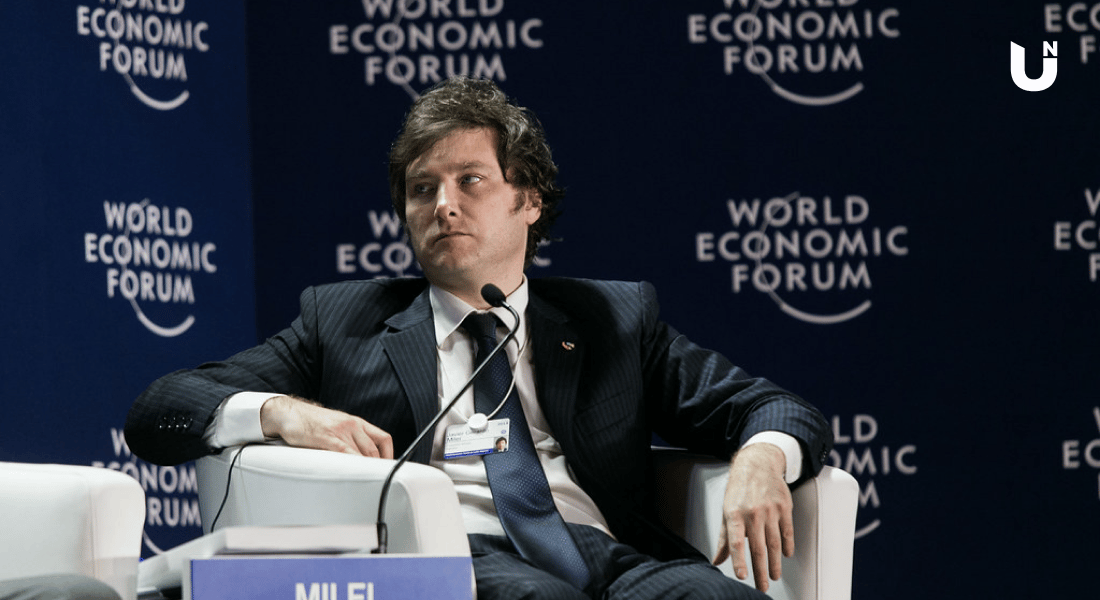
What’s happening: Argentine President Javier Milei’s reforms were dealt a blow by an appeals court, which claimed he enacted them unconstitutionally. Last week, unions led the country on a one-day general strike.
Why it matters: Milei, who ran a unique campaign, pulled off a shock win. If Milei is successful in turning his ideas into action, his example could become a roadmap for leaders worldwide. But if his country’s establishment stops him, that too will be a roadmap for governments seeking to repel the anti-establishment tide.
Milei’s moves: Since taking office, the self-described anarcho-capitalist has undertaken a whirlwind of actions:
Restructuring government: Almost immediately after taking office, Milei cut nine ministries — akin to cabinet departments in the U.S. Four of them — Labour, Culture, Social Welfare, and Education — were merged into one Ministry of Human Capital.
Currency reform: Milei devalued the peso by about 50 percent and said he is moving closer to dollarizing the economy entirely.
Taking his message global: At the World Economic Forum in Davos, Milei lambasted Western leaders for not defending their civilization and encouraged businessmen not to yield to Marxist ideas.
Establishment countermoves: The unions have threatened to call more strikes. The appeals court ruling can be appealed, but there’s no guarantee that Milei will win: during the campaign, the President of the Supreme Court said that Milei’s plan to dollarize the country’s economy was unconstitutional, implying he would block it.



